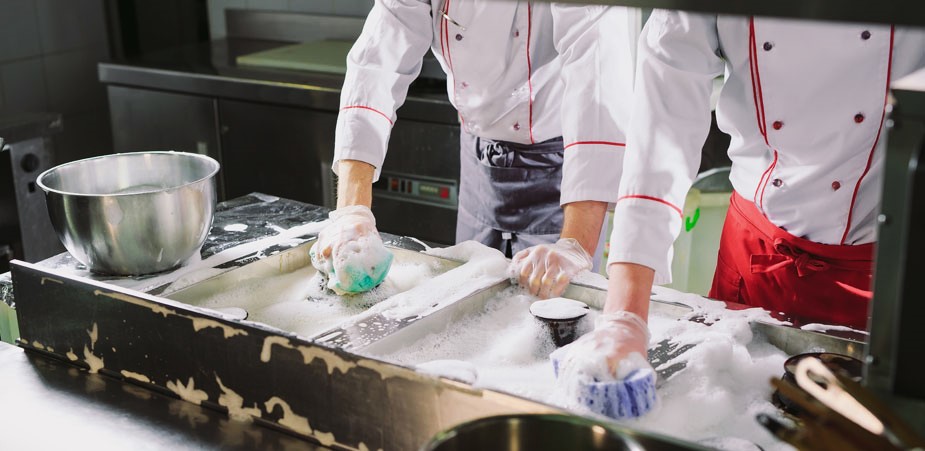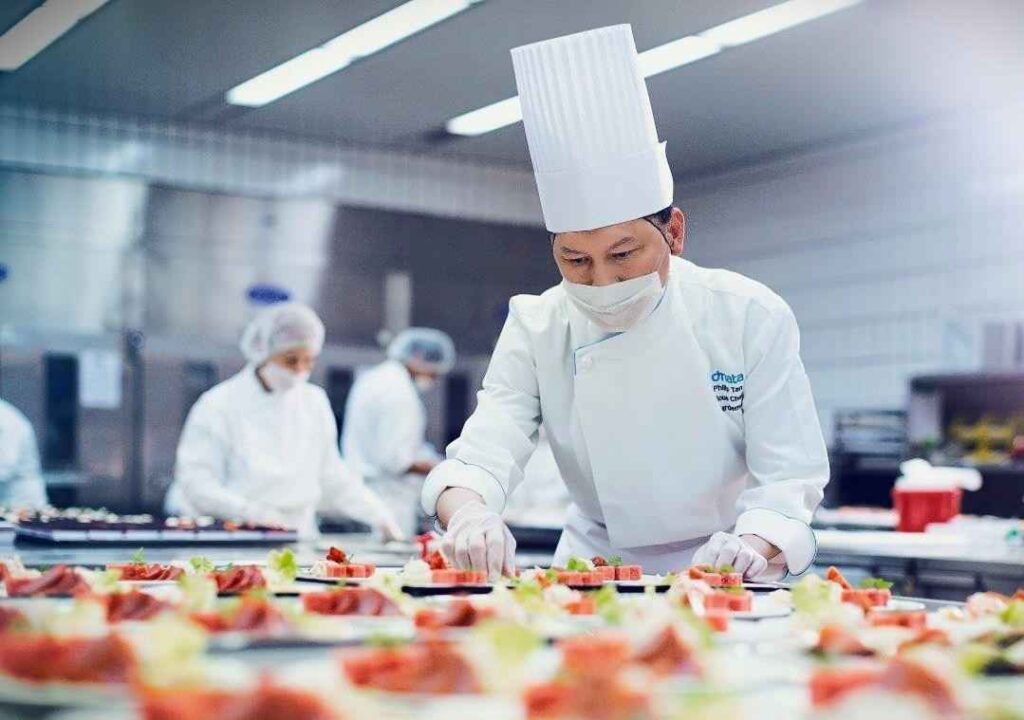In the catering industry, where preparing and serving food is at the heart of operations, maintaining high standards of hygiene and food safety is important. Catering services, whether for weddings, corporate events, or private parties, must ensure that the food they serve is not only delicious but also safe for consumption. This is especially true in a vibrant city like Mumbai, where catering companies serve a diverse and demanding clientele.
Why Hygiene and Food Safety Matter
Preventing Foodborne Illnesses
One of the primary reasons for maintaining strict hygiene practices is to prevent foodborne illnesses. Foodborne illnesses can occur when food is contaminated by harmful bacteria, viruses, or parasites. These contaminants can cause serious health problems for anyone consuming the food. By following strict hygiene and food safety guidelines, catering services can minimize the risk of such contamination and ensure that the food served is safe to eat.
Building Reputation and Trust
For any catering business, reputation is everything. Clients trust caterers to provide not only delicious food but also safe and hygienic food. A single incident of food poisoning can severely damage a company’s reputation and lead to a loss of business. Consistently high hygiene standards help build and sustain trust with clients, leading to repeat business and positive word-of-mouth referrals.
Compliance with Regulations
Catering companies must comply with local and national food safety regulations. These laws are designed to protect consumers and ensure that food is safe to eat. Regular inspections and strict adherence to these regulations are essential for the continued operation of any catering business. Non-compliance can result in hefty fines or even closure of the business.
Promoting a Healthy Work Environment
Good hygiene practices benefit not only customers but also staff. A clean and safe kitchen environment reduces the risk of accidents and illnesses among employees, leading to better productivity and job satisfaction. It also creates a professional atmosphere that reflects well on the business.
Key Practices for Maintaining Hygiene and Food Safety

Regular Cleaning and Sanitization
Kitchens and food preparation areas must be cleaned and sanitized regularly to prevent the buildup of bacteria and other contaminants. This includes cleaning surfaces, utensils, and equipment. Regular deep cleaning should be part of the routine to ensure all areas are hygienic.
Proper Food Storage
Correct storage of food is crucial to prevent spoilage and contamination. Perishable items should be stored at the right temperatures, and raw and cooked foods must be kept separate to avoid cross-contamination. Labeling and dating food items also helps in managing inventory and ensuring freshness.
Training and Education
All staff members should be trained in food safety practices. This includes proper handwashing techniques, safe food handling procedures, and understanding the importance of hygiene. Ongoing education and training help keep everyone informed about the latest food safety standards and practices.
Monitoring and Record-Keeping
Keeping detailed records of cleaning schedules, food temperatures, and other safety measures helps in maintaining accountability and tracking compliance. Regular monitoring ensures that any potential issues are identified and addressed promptly.
Implementing Hygiene and Food Safety in Catering Services

Personal Hygiene
Ensuring that all staff members maintain personal hygiene is critical. This includes wearing clean uniforms, using hairnets or caps, and washing hands frequently. Staff should also be encouraged to report any illnesses, as sick employees can inadvertently contaminate food.
Safe Cooking Practices
Cooking food to the right temperature is essential to kill harmful bacteria. Using food thermometers to check temperatures can ensure that food is cooked properly. Additionally, hot foods should be kept hot, and cold foods should be kept cold to prevent the growth of bacteria.
Clean and Organized Kitchens
A clean and organized kitchen is less likely to harbor bacteria. Regular cleaning of surfaces, equipment, and utensils is crucial. Using separate cutting boards for raw and cooked foods can also help prevent cross-contamination.
Pest Control
Pests can be a significant source of contamination in kitchens. Implementing a pest control program can help prevent infestations. This includes regular inspections, proper waste disposal, and sealing any entry points for pests.
Conclusion:
In conclusion, maintaining high hygiene and food safety standards is essential for any catering service. It prevents foodborne illnesses, enhances reputation, ensures regulatory compliance, and promotes a healthy work environment. For a company with over 60 years of experience, like ours, these practices are deeply ingrained in our operations and are a key reason for our success and longevity.
Satish Caterers, with over 60 years of experience in the industry, understands the importance of these practices. Their commitment to hygiene and food safety has made them one of the best Caterers in Mumbai, ensuring that every event is memorable and safe for all guests.



